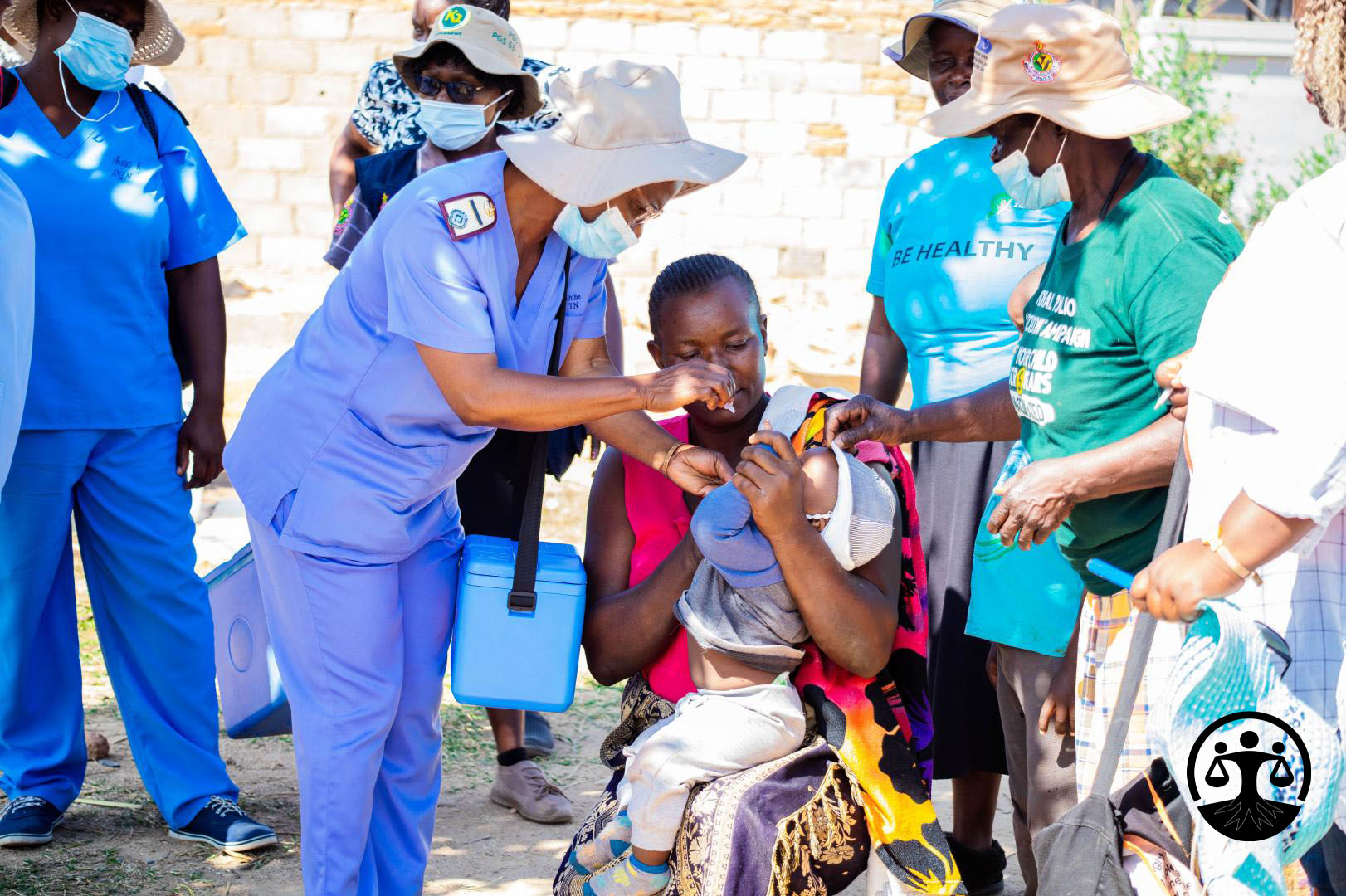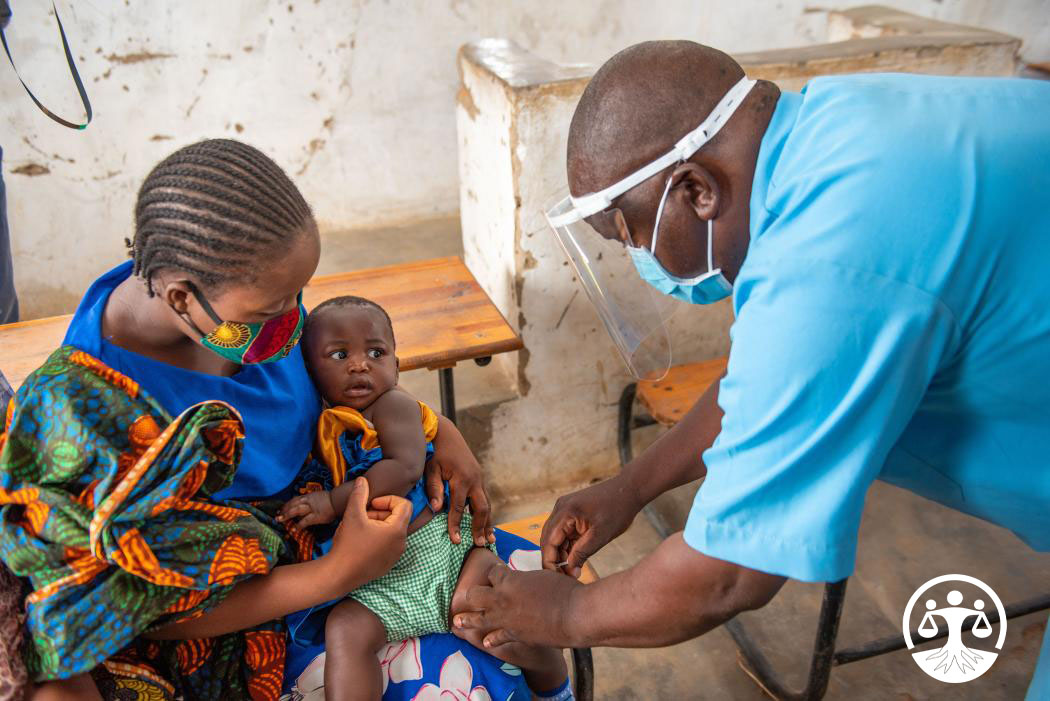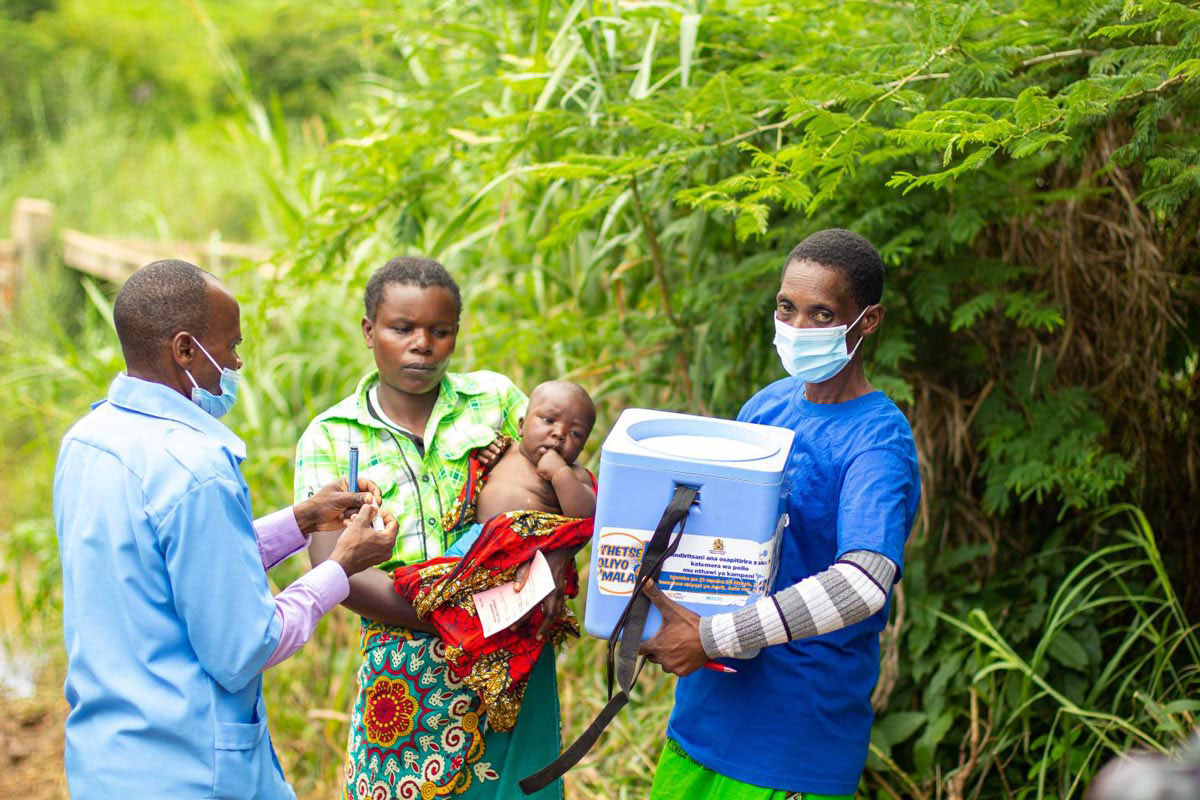Health Financing Crisis
Uganda’s Health Financing Crisis Examining the sustainability, equity, and efficiency of healthcare funding in Uganda. Introduction The health financing crisis in Uganda is one of the most persistent challenges undermining…
The health financing crisis in Uganda is one of the most persistent challenges undermining equitable access to healthcare. Despite major policy reforms and international commitments, Uganda’s healthcare system continues to suffer from inadequate funding, inefficiency, and dependence on donor support.
According to the Ministry of Health, Uganda’s annual per capita health expenditure remains far below the World Health Organization’s (WHO) recommendation. This funding gap translates into limited essential medicines, inadequate health infrastructure, and overburdened medical staff.


The crisis is exacerbated by structural inefficiencies in public spending and the country’s growing population, which increases demand for services that the current system cannot meet.
Out-of-pocket expenditures by households remain high, accounting for a significant share of total health spending. This exposes vulnerable populations to financial hardship, especially in rural and low-income areas.
Moreover, dependence on donor funding poses sustainability risks, as fluctuations in external aid can disrupt service delivery.
ARDHI recognizes that the health financing crisis is not merely a resource issue but also a matter of justice and accountability. Health is a fundamental human right, and access to care should not depend on socioeconomic status or geographic location.
The organization advocates for the integration of legal and policy frameworks that ensure equitable and sustainable healthcare financing. This includes strengthening public financial management, reducing inefficiencies, and enhancing transparency in budget allocations.
ARDHI further emphasizes the importance of community participation in health decision-making, promoting inclusive approaches that reflect the needs and priorities of marginalized groups.

ARDHI proposes several policy measures to address Uganda’s health financing crisis:
The government should progressively increase the health sector allocation to meet the Abuja Declaration target of 15% of the national budget.
Strengthen monitoring systems to minimize waste, corruption, and duplication of services.
Develop long-term domestic revenue strategies to support essential health services sustainably.
Implement and scale up the National Health Insurance Scheme to improve financial protection and access to care.
Ensure communities have a voice in planning, implementation, and monitoring of health budgets and programs.
Uganda’s health financing challenges present an opportunity to rethink how health systems are built and sustained. A rights-based approach — one that centers equity, accountability, and participation — can transform the sector.
ARDHI calls upon policymakers, civil society, and development partners to work collectively in building a health system that leaves no one behind.
The sustainability of Uganda’s healthcare system depends on prioritizing health in the national development agenda. Investing in health financing is not just a moral imperative but an economic necessity for building a productive and resilient population.
ARDHI remains committed to advancing health equity through legal reform, advocacy, and collaboration, ensuring every Ugandan has access to affordable and quality healthcare.
Uganda’s Health Financing Crisis Examining the sustainability, equity, and efficiency of healthcare funding in Uganda. Introduction The health financing crisis in Uganda is one of the most persistent challenges undermining…
From Kiteezi to Buyala: The Cost of Kampala’s Waste Crisis Tracing Uganda’s journey from one landfill disaster to the next. Introduction The tragic collapse of the Kiteezi landfill was more…
Only 8% of Waste Recycled Uganda’s Waste Crisis Is a Resilience Crisis Introduction Uganda’s waste management situation paints a dire picture, with the country struggling to cope with the growing…
Share Your Thoughts: info@ardhilaw.org
Explore Related Pillar: Resilient Waste Management
ARDHI empowers lives and shapes policies for a more just, resilient Uganda. Together, we’re building systems that protect people, land, and future generations.
Zenith Building, Mulwana, Kira Municipality
+256 752 504 008
info@ardhilaw.org
Copyright 2025, Ardhi Law and Policy Initiative. All Rights Reserved.